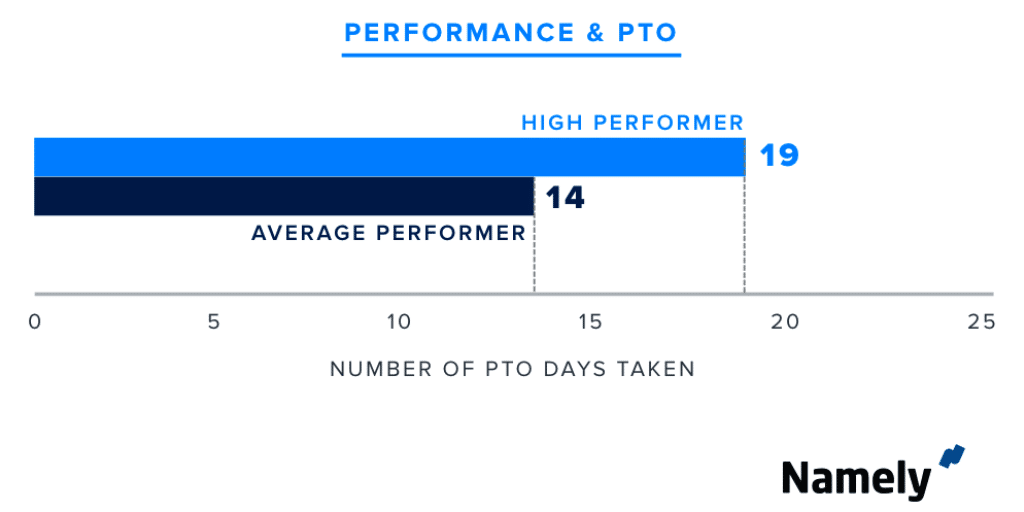Vacations Help Employee Performance – Friday Distraction
Unlimited vacation is still as popular as ever. Organizations are revamping their policies for a variety of reasons including increasing work/life balance and reducing administration. But I know that some organizations are apprehensive to make the transition because they’re concerned employees will abuse the time off and employee performance and company productivity will take a nose dive.
First off, unlimited vacation time doesn’t mean the organization doesn’t have to approve an employee’s vacation. Employees can’t call in and say, “I’ve decided to take vacation today.” Unlimited vacation policies expect everyone to be adults and think about both the operation and their desire to take some time off.
The second aspect about productivity is interesting. There are two different trends emerging. Some organizations, after working with these policies, are starting to realize that the reason they adopted the policy – less paperwork and better balance – isn’t happening. Employees either are reluctant to ask for time off (so they don’t) OR managers don’t know how to encourage employees to take time off (so they don’t).
The second trend is that employees who are taking a few extra days off are performing at a higher level. I ran across this chart in Namely’s 2017 HR Mythbusters Report that illustrates the relationship between employee performance and time off. High performers take more days off. But as you’ll see, it’s not an outrageous number.
This chart told me a couple of things:
- Companies need to design jobs that are full without being overwhelming. This is a fine line. I do believe employees don’t want to be bored at work. They also don’t want to be constantly stressed out. We’re not talking about an occasional all hands-on deck for a big project deadline. The volume of work should not be crushing.
- When organizations roll out unlimited vacation policies, they need to communicate expectations. That includes telling managers and employees how to ask for time off and still be productive. It’s not fair to anyone to assume everyone will know how to do this.
Workplace stress is a growing issue for organizations. I believe unlimited vacation policies were designed to help, but we must give managers and employees the tools to make them work. Because when we do, it pays off.
1